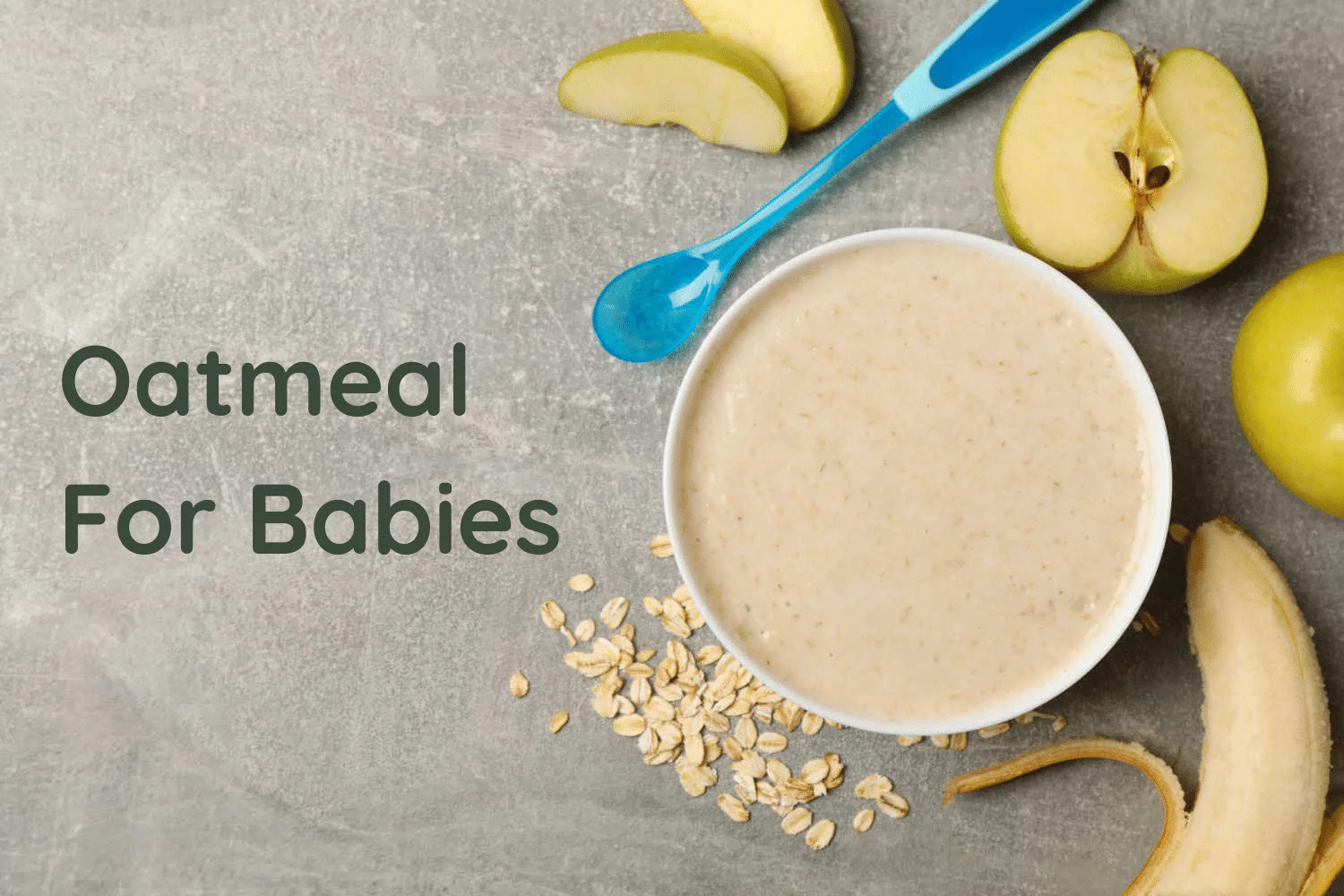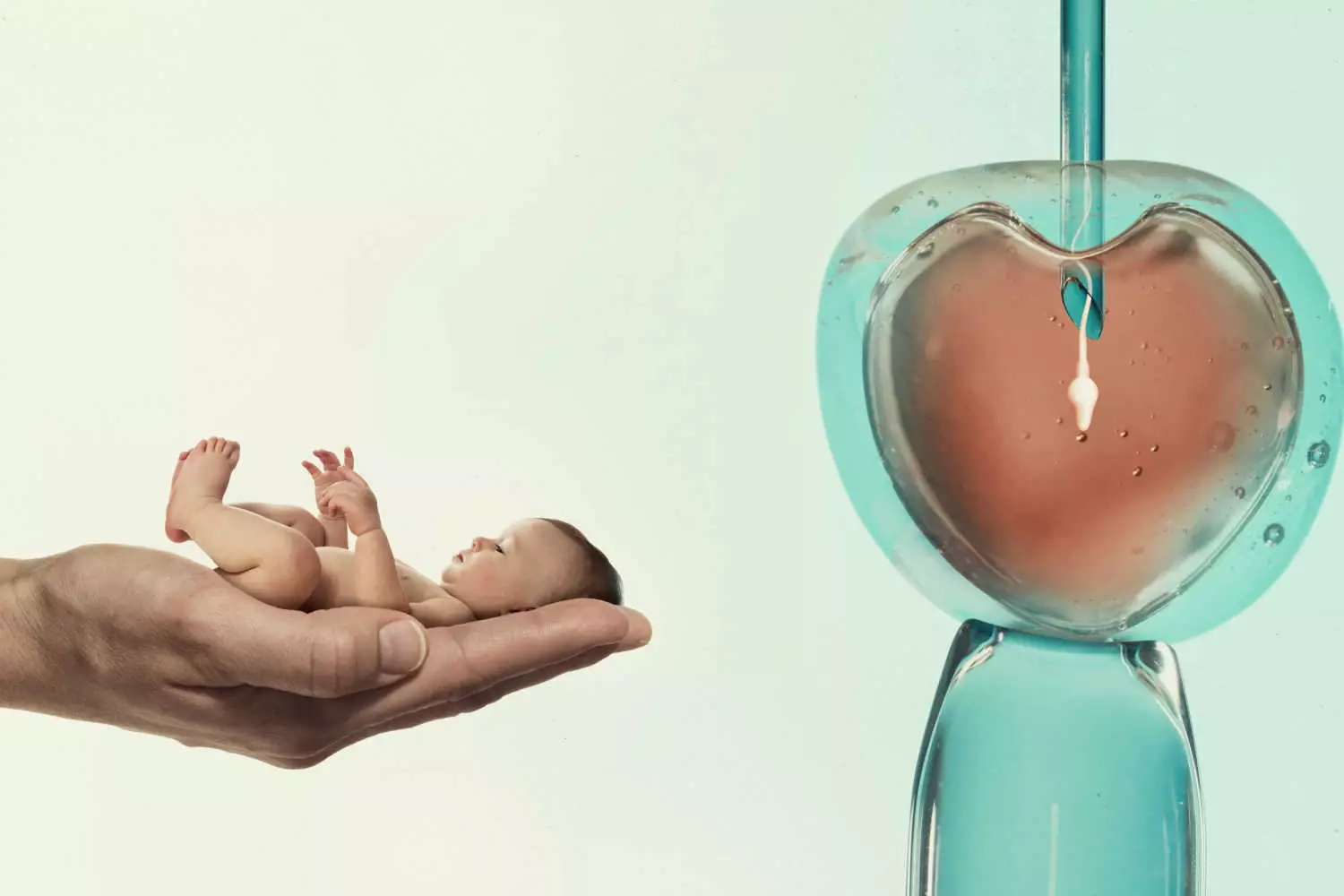
Apricot For Babies – Health Benefits and Recipes
5 min readWritten by Sindhuja Prabhu


Apricots – both fresh and dry have a long list of health benefits for both adults and babies. While an adult can snack on dried apricots, can you offer them to your baby? Or should you rather give them the fresh fruit? How to give apricot to babies.
Apricots are known for their amazing taste. They resemble peaches and plums when fresh. These fruits can be either consumed fresh or dried. Find out all about apricots for babies here.
In This Article
- Introducing Apricots to Your Baby
- Nutritious Value of Apricots
- Apricot Benefits for Baby
- Choose the Right Apricot for Your Baby
- Apricots Storage Tips
- Consuming Apricots With or Without Peel
- Different Ways to Cook Apricots
- Allergies in Babies Caused due to Apricots
- Precautions to Take
- Apricot Recipes for Babies
Introducing Apricots to Your Baby
Fresh apricots can be introduced to your baby as they start their solid food journey. This is when they reach the 6 months mark. However, if you are keen on introducing solid foods a little earlier, check with your pediatrician.
Nutritious Value of Apricots
Some of the most important nutritional value of apricots is:
- Apricots contain a lot of essential nutrients like potassium, calcium, and iron
- It is a good source of Vitamin A, C, and E
- They also contain soluble fiber, antioxidants, and phytonutrients
Apricot Benefits for Baby

Some of the apricot benefits for your baby are:
1. Apricot acts as an Immunity Booster
One of the apricot fruit uses is to help improve your baby’s immune system. The high content of vitamin C and E in apricots helps in boosting your baby’s immunity.
2. Helps to Enhance Vision
Apricot health benefits include improving vision. It is an orange food that is rich in beta-carotene and Vitamin A which are important for one’s vision
3. Helps to Relieve Constipation
One of the most common apricots uses is to help your baby’s bowel movements. The pectin and cellulose present in apricots help them act as a laxative for constipated babies and improves their gut health. The laxative property of dried apricot can also not be ignored.
4. Improves Heart Health
Apricot is good for your baby’s heart. It increases good cholesterol and reduces bad cholesterol in your baby’s body.
5. Anti-Inflammatory
This property of an apricot helps to get rid of fever, respiratory issues, and rashes among babies.
Choose the Right Apricot for Your Baby

When you are choosing fresh apricots, you need to pay heed to the following:
- Choose the ones that are firm and slightly golden in color.
- Do not pick the ones that are pale yellow or still green in color as these are not ripened yet.
- While ripe apricots are recommended, the overly mushy and shriveled-looking ones should be avoided.
Apricots Storage Tips
Apricots are best eaten fresh. You can store ripe apricots in the refrigerator. This will help them last a full week. If you have unripe apricots, store them in a paper bag for a day, to help them ripe.
Consuming Apricots With or Without Peel
This differs from household to household. The skin is edible and you can opt to give it to your baby if you want to. If you are keen on enabling your child to eat on their own and are on a baby-led weaning journey here are some suggestions to teach your baby how to eat apricots:
6-9 Months Old
Cut the fruit in half and give it to your baby with the skin on. The skin helps them grasp better. As your baby eats through the fruit and nears the peel, you can tug it away ensuring your baby does not chew on the skin.
9-18 Months Old
Peel the apricots and cut them up into chunky slices your baby can grasp. If the pincer grip is well developed, you can offer thinner slices.
18-24 Months Old
Almost anything goes. You can cut them into small pieces and offer them in a bowl with a fork to improve cutlery usage, give them as slices, or just peeled half fruits for the infant to enjoy the juicy fruit.
Different Ways to Cook Apricots

Apricots, once deseeded, can be cooked in the following ways:
Bake
Cut them up and spread them on a baking tray with one inch of water. Bake at 400oC until the fruit softens.
Steam
You can use a vegetable steamer or put the cut apricot pieces on a separate plate and place it on top of the vegetables or rice that is in the cooker for boiling.
Parboil
Put the pieces of cut apricot in boiling water for a few minutes and take them out. Run them under some cold water to get rid of the skin.
Allergies in Babies Caused due to Apricots
Some babies can be allergic to stone fruits or have pollen food allergies, in which case apricots may not be recommended. Even if your baby has no known allergies, watch out for any reaction when you give apricots for the first few times. If you do notice a reaction, please consult your doctor immediately.
Precautions to Take
When you feed apricots to your little one, you need to keep the following in mind:
- Apricots have seeds in them which will have to be taken out before offering to an infant.
- Dried apricots can be hard to chew, thus making them a choking hazard for babies.
- The laxative effect of dried apricots can be quite strong on babies.
Apricot Recipes for Babies

Here are some recipes to help your child absorb apricot fruit vitamins –
1. Carrot Apricot Puree
Purees are the best type of foods to introduce to a baby starting on their solid food journey. While you can add the apricot puree to almost any food and improve the taste, this carrot apricot puree is quite tasty, especially with some added spices, and is extremely nutritious too.
2. Banana and Rice Pudding with Apricot
This is a good combination for small babies who have started eating rice. This dish can make the rice very sweet without any artificial sugars.
3. Apricot Custard
If you are in the mood to do something fancy yet healthy for your baby, this custard can be a great option. It can be made even with breast milk, making it extremely nutritious for your baby.
So, are apricot for babies good? Most definitely yes. However one has to remember that fresh apricot nutrition facts are more when compared to dry apricot benefits. Adding them to your baby’s diet can do them a lot of good.
Read Also: Guava For Babies: Health Benefits & Recipes

Sindhuja Prabhu,M.Sc (Psychology),PGDBM
Sindhuja, a mother of two, is an obsessive mom with a keen interest in psychology, especially child psychology. Her quest for knowledge and way with words led her to become a passionate content writer. She transformed her love for writing into a full-fledged career which incidentally also turned up being the perfect stress buster for the last 5 years.Read more.
Responses (0)
Want curated content sharply tailored for your exact stage of parenting?
Related articles

Intersex Baby – How Common is It and How to Treat
11 Month Baby Food – What to Give, What Not to Give And Sample Schedule

Top 13 Postpartum C-Section Essentials

How to Prepare Your Baby For Doctor’s Visits – Challenges and Tips

Oatmeal For Babies – When to Introduce, Benefits and How to Feed

Top 7 Tips to Bond With Your IVF Baby
Sponsored content
Discover great local businesses around you for your kids.
Get regular updates, great recommendations and other right stuff at the right time.





